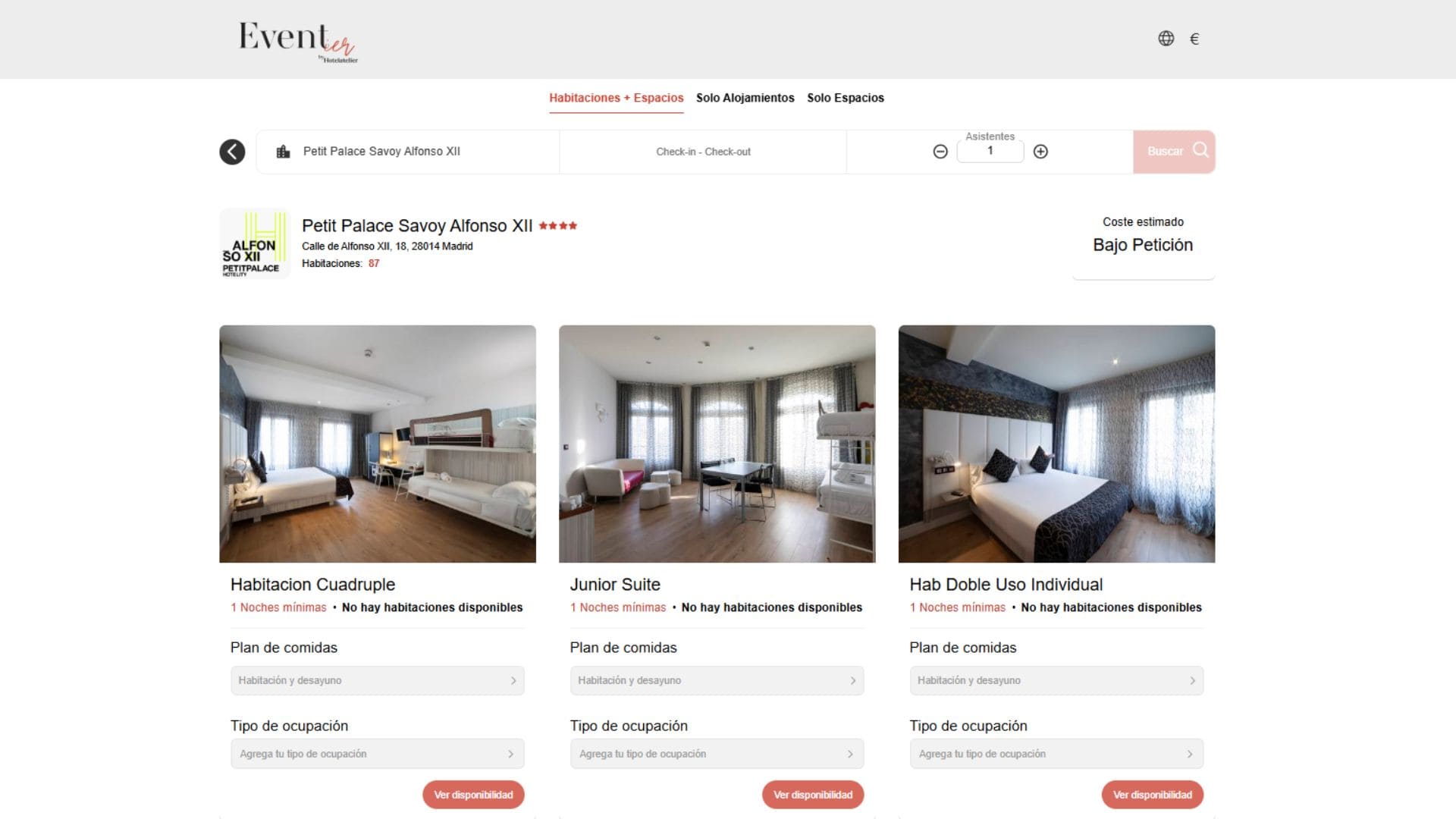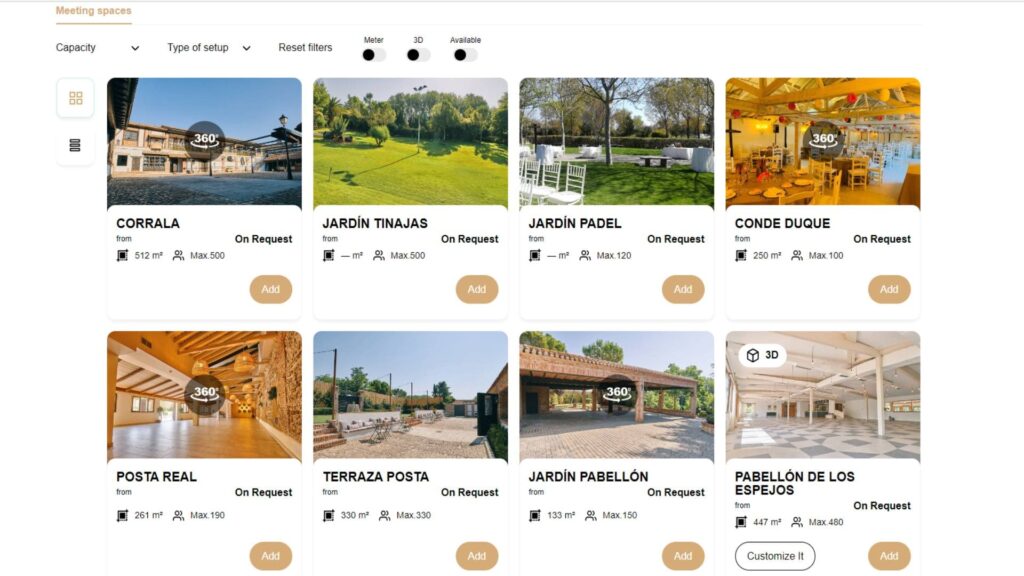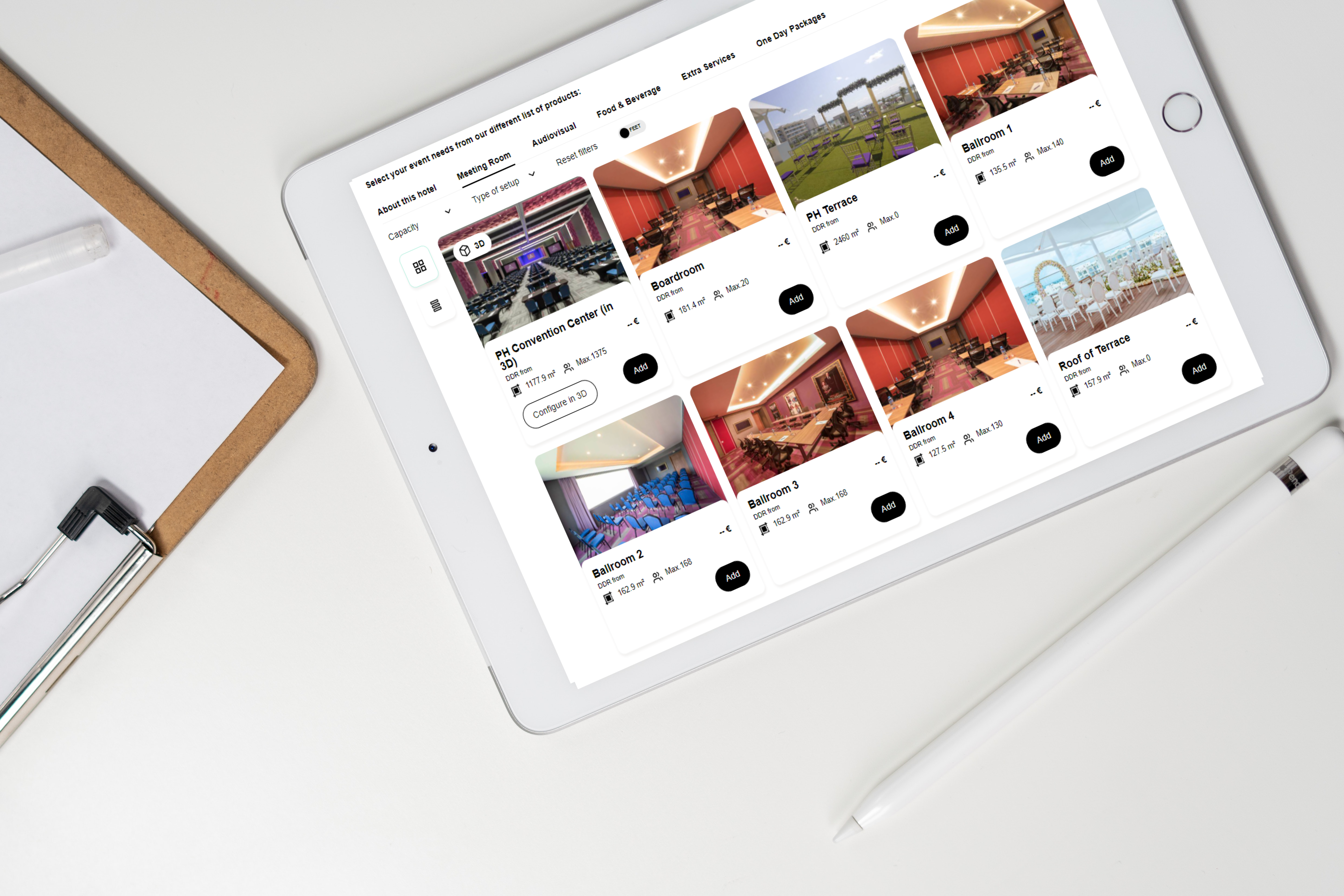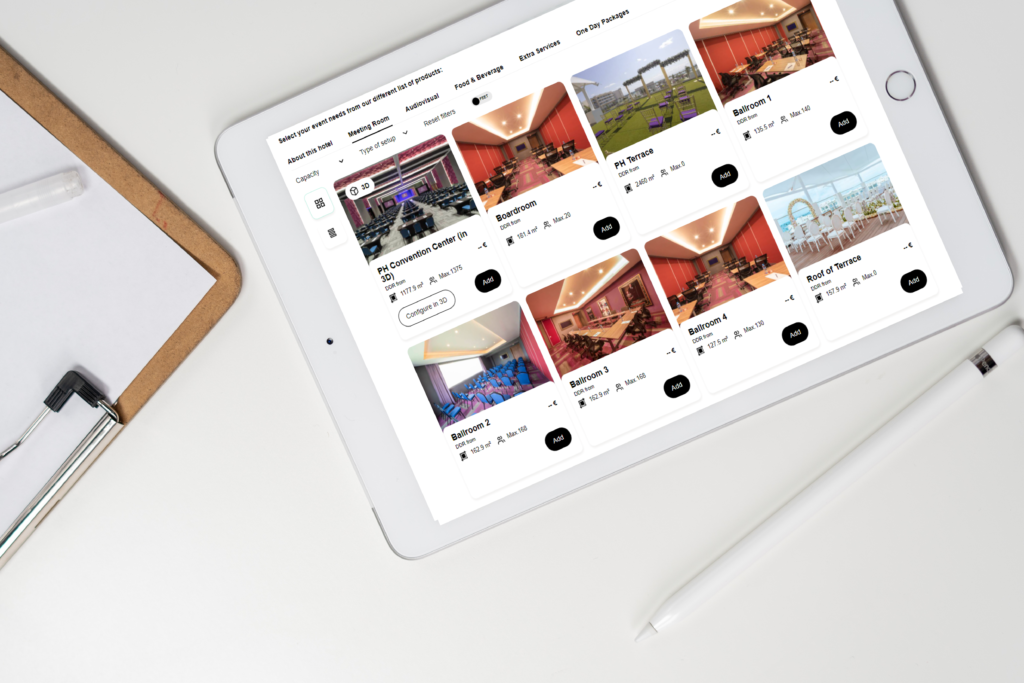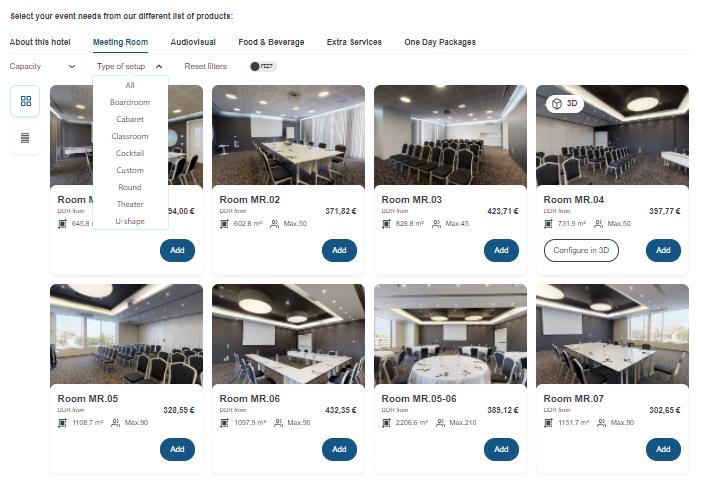Death of the RFP? Why Instant Group Booking Is Taking Over Hotel Sales
In the fast-paced world of hotel sales and event management, the traditional RFP (Request for Proposal) process is becoming outdated. Hotels and venues are realizing that handling group bookings through slow, manual RFPs is no longer effective. Today, instant group booking is taking over, offering a faster, more efficient, and revenue-boosting way to handle large group reservations. This shift isn’t just a trend—it’s a game-changer for the hospitality industry. So, why is instant group booking becoming the future of hotel sales, and how can hotels adapt?
The Slow Death of RFPs in Hotel Group Sales
For decades, the RFP process has been the standard for group bookings. A hotel receives a request from a planner, and a sales team responds with a proposal outlining rates, availability, and terms. However, this process is no longer effective for several reasons:
- Bottleneck for Revenue. The problem with the traditional RFP process is its delays. From the moment an event planner submits a request to the time the hotel provides a response, weeks or even months can pass. This delay costs hotels precious opportunities, especially when speed is critical. As planners wait for proposals, they often turn to other venues that offer quicker, seamless booking experiences.
- Moving Away from RFPs. Hotels are increasingly adopting instant group booking systems to secure immediate reservations. This change is driven by efficiency, allowing planners to reserve space and services in real time. Not only does this help hotels close deals faster, but it also improves the customer experience. With the ability to book instantly, planners feel more in control, leading to greater satisfaction and repeat business.
The rise of digital transformation in the hospitality industry has made sophisticated booking tools more accessible. Solutions like Spazious offer instant group bookings, streamlining the entire event and group management process.
Instant Group Booking: The Future of Hotel & Venue Sales
Instant group booking is revolutionizing how hotels and venues handle reservations. With the ability to book large group blocks and event spaces in minutes, this innovative solution is changing the game for group business.
What Is Instant Group Booking?
Instant group booking is a digital solution that allows event planners to immediately reserve hotel rooms, event spaces, and related services. These systems integrate with hotel property management systems, offering real-time availability, pricing, and terms. By automating the entire process—from inquiry to confirmation—instant group booking platforms are transforming group reservation management.
Spazious offers its powerful Booking Engine, which allows hotels to provide a fast, seamless group booking experience. This tool streamlines the entire process, helping hotels boost revenue by enabling instant confirmations and simplifying group and event management.
The Competitive Edge: Why Hotels Need Instant Group Booking Now
As more hotels and venues adopt instant booking engine, those who embrace it will stay ahead and maximize their revenue potential. Here’s why instant booking should be part of every hotel’s sales strategy:
- Faster Bookings = Higher Revenue
Speed is crucial in today’s competitive environment. Instant group booking allows hotels to capture more business by providing faster, more efficient reservations. The quicker a planner can confirm a booking, the sooner the hotel can prepare for the event and generate revenue from additional services like catering or AV equipment. Instant booking significantly shortens the sales cycle, allowing hotels to close more deals and secure more revenue. - Reduced Workload for Sales Teams
By automating much of the group booking process, instant booking systems reduce the workload for hotel sales teams. Instead of spending hours negotiating rates and confirming details, sales teams can focus on higher-value tasks, such as building relationships and upselling services. This saves time and allows for better customer service and more efficient operations. - Meeting Planners Expect Speed
Today’s meeting planners demand speed and convenience. They want to lock in their events quickly and continue with their planning. A slow, tedious booking process can turn them away. Instant group booking provides a quick, easy experience that planners expect, giving hotels a competitive advantage in securing their business. - Staying Ahead of Competitors
Hotels offering instant group booking are positioning themselves ahead of the competition. As more venues adopt this technology, those that don’t will struggle to keep up. The ability to instantly reserve event spaces gives hotels a significant edge, and delaying the switch to instant booking could result in lost opportunities.
Making the Switch: How Hotels Can Adopt Instant Group Booking
Adopting instant booking engine is a powerful move that brings numerous benefits. Here’s how hotels can seamlessly make the transition and start reaping the rewards:
- Choosing the Right Platform
When selecting an instant group booking platform, it’s important for hotels to choose a solution that integrates seamlessly with their existing systems. Platforms like Spazious provide a comprehensive suite of tools that streamline the group sales process, from booking to event management. - Integrating with Existing Sales Strategies
For hotels already using traditional sales methods, integrating instant booking into the existing strategy is key. Combining automation with traditional relationship-building allows hotels to maximize their group sales potential. Instant booking should complement personal connections to create a more efficient and revenue-driving process.
The Future Is Instant: Are You Ready?
The shift to instant group booking is no longer optional—it’s essential for staying competitive in the hospitality industry. As more venues and hotels adopt these technologies, those who hesitate risk being left behind. By embracing instant booking, hotels can streamline operations, capture more business, and increase revenue. The future of hotel sales is here—and it’s instant.
Are you ready to take your hotel sales to the next level? With the right tools, like Spazious’ instant booking engine, you can revolutionize your group business and stay ahead of the competition. The death of the RFP is just the beginning. Get in touch with us today and see how we can help you unlock your hotel’s full potential!

